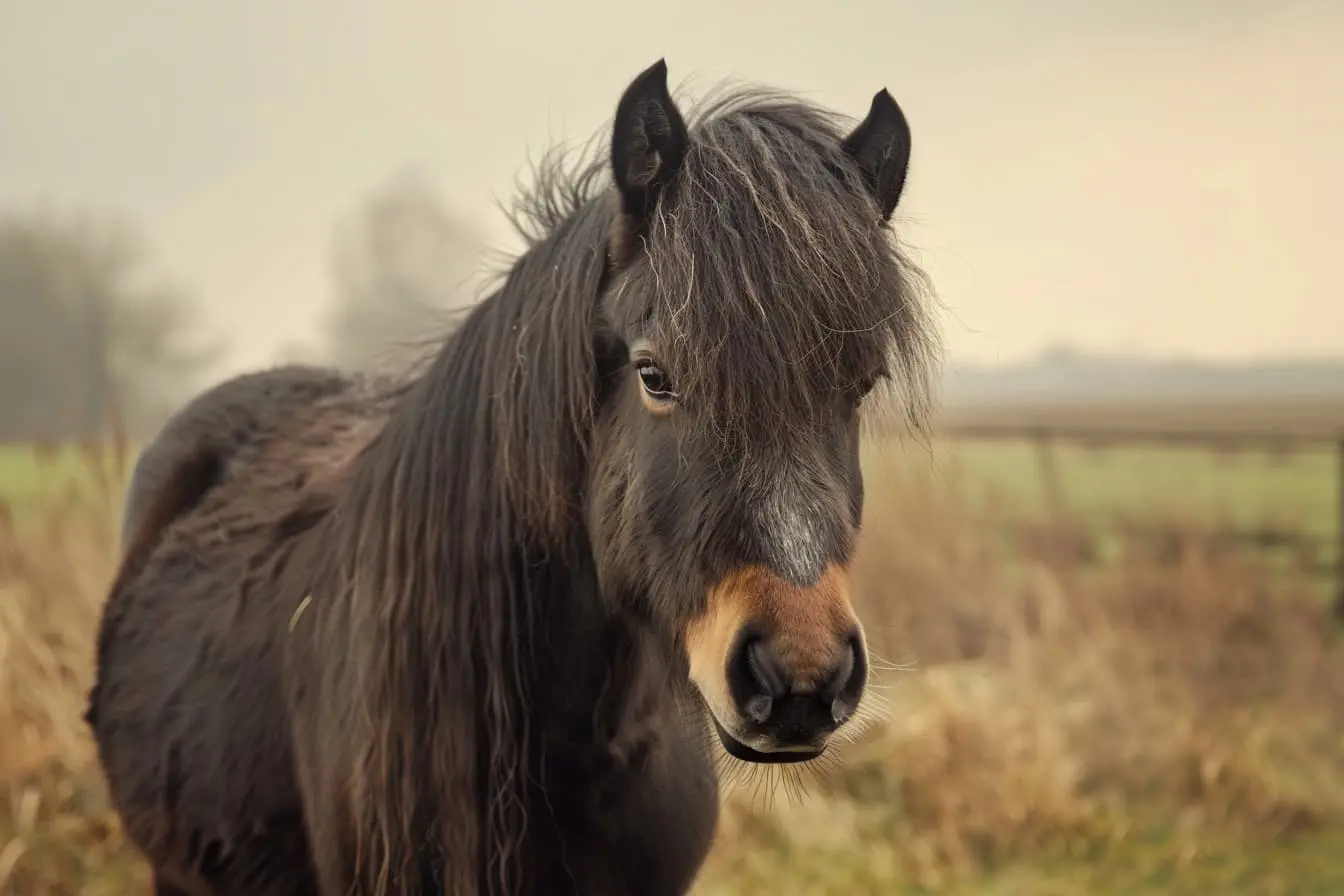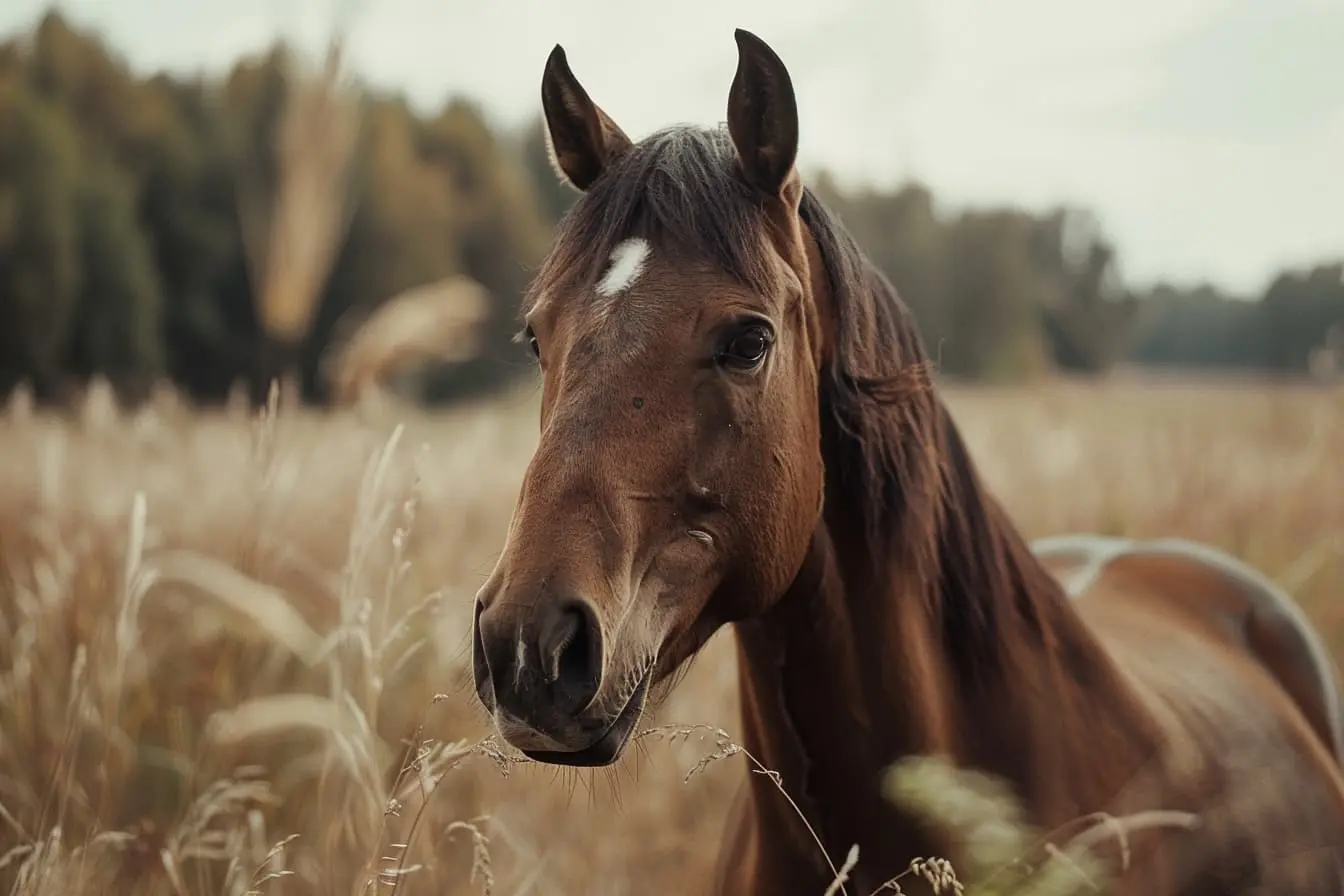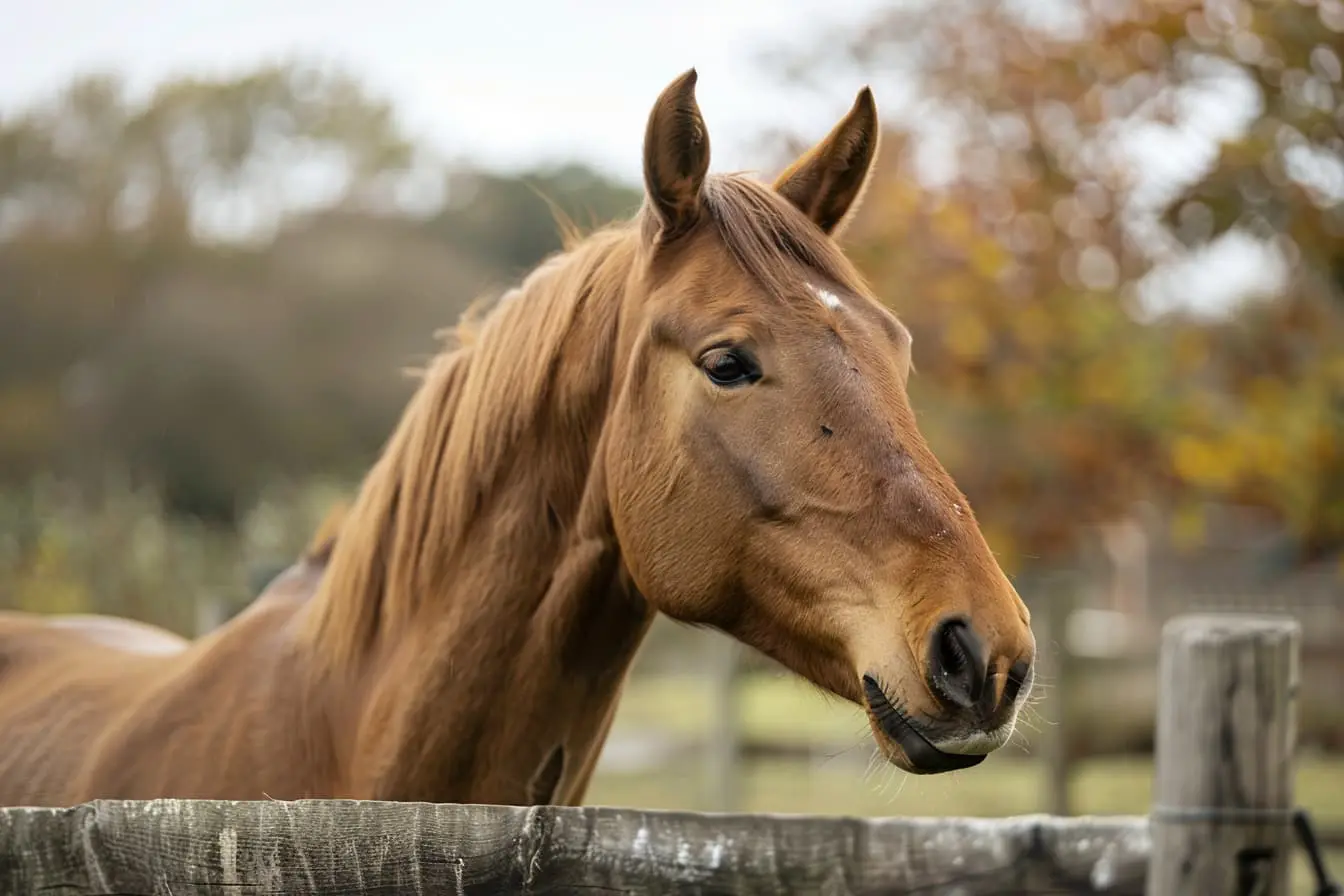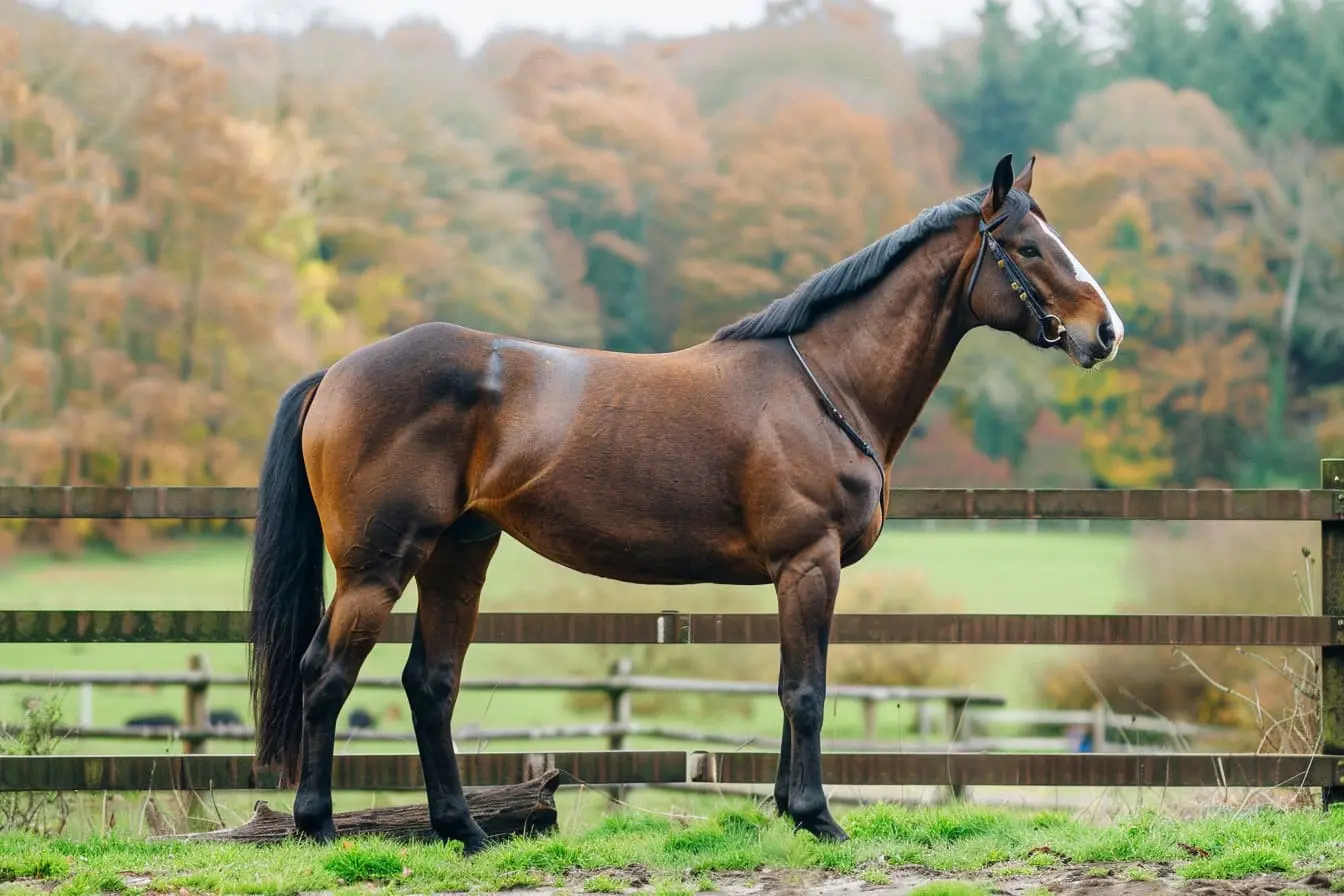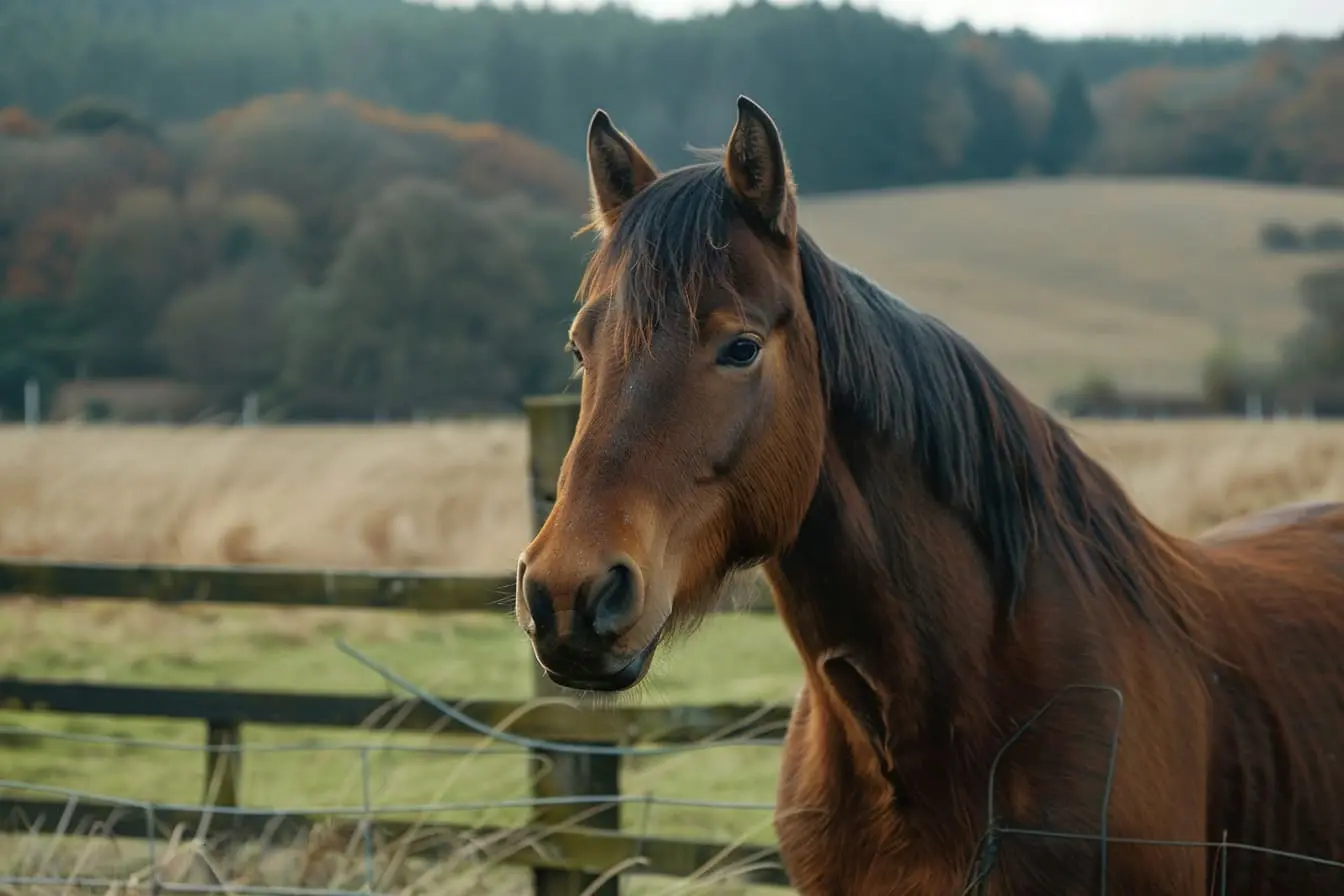
Embarking on the Equestrian Journey: A Comprehensive Guide to Buying Your First Horse
Embarking on the journey of buying your first horse can be as thrilling as it is daunting. The dream of having a horse to call your own is often filled with images of idyllic rides through the countryside, forming an unbreakable bond with a majestic animal. However, the process involves considerable thought, research, and responsibility. This guide aims to navigate the aspiring horse owner through the crucial aspects of purchasing their first horse, ensuring a harmonious match between horse and rider.
Understanding Your Equestrian Goals
First and foremost, clarity on your equestrian goals is paramount. Are you looking for a horse for leisurely countryside rides, competitive riding, or perhaps a gentle companion for your existing horses? Assessing your level of experience and commitment will help guide your decision in choosing a horse that matches your lifestyle and aspirations.
Budget Considerations
Owning a horse goes beyond the initial purchase price; it's a long-term financial commitment. Consider the costs of boarding, veterinary care, farrier services, insurance, and unexpected medical expenses. Creating a detailed budget will help you understand the ongoing expenses and ensure that you are financially prepared for horse ownership.
The Right Match
Finding a horse that matches your skill level and personality is crucial for a harmonious relationship. Beginners should look for a calm, experienced horse known for a good temperament and reliability. On the other hand, more experienced riders may seek a horse with specific skills or training levels. Always prioritise temperament and compatibility over breed or appearance.
Pre-Purchase Examination
Before finalising the purchase, a thorough pre-purchase examination by an equine veterinarian is essential. This examination can reveal health issues or potential future problems. Discuss with the veterinarian your plans for the horse to ensure the examination is tailored to uncover any issues that could impede those goals.
Trial Period
If possible, arrange a trial period with the seller. This allows you to understand the horse's temperament, how it reacts in different situations, and whether it's a good fit for you. A trial period can prevent future issues and ensure a positive start to your relationship.
Legalities and Paperwork
Ensure all legalities and paperwork are in order. This includes a bill of sale, registration papers (if applicable), passport (mandatory in the UK), and vaccination records. It's also advisable to have a written agreement during a trial period outlining the terms and conditions.
Aftercare and Integration
Once the purchase is complete, focus on the aftercare and integration of your new horse into its new environment. This includes a proper diet, regular exercise, and veterinary care. Building a relationship takes time and patience, so allow your horse to adjust to its new surroundings and routine at its own pace.
Continuous Learning
Finally, horse ownership is a journey of continuous learning. Invest in regular training sessions for both you and your horse. Engage with a community of horse enthusiasts to share experiences and advice. Remember, the welfare of your horse should always be a top priority.
In conclusion, buying your first horse is an exciting venture that requires careful consideration and planning. By understanding your goals, preparing financially, finding the right match, and committing to ongoing care and learning, you can make the journey a rewarding and fulfilling experience. Welcome to the wonderful world of horse ownership.
Vets near you
Speciality vets
- Aquatics vet specialists
- Birds vet specialists
- Camelids vet specialists
- Cats vet specialists
- Cattle vet specialists
- Deer vet specialists
- Dogs vet specialists
- Equines vet specialists
- Exotic vet specialists
- Goats vet specialists
- Pigs vet specialists
- Poultry vet specialists
- Sheep vet specialists
- Small Mammals vet specialists
- Wild vet specialists
Vet facilities
- Accessible by public transport
- Blood testing
- Car park nearby
- Client car park
- Dentistry
- Diagnostic imaging
- Disabled public access
- Flea and worm treatments
- Microchipping
- Mobile services
- Neutering
- Open at weekends
- Out-of-hours service
- Referral interests
- Referrals only
- Street parking outside
- Toilets available
- Vaccinations
